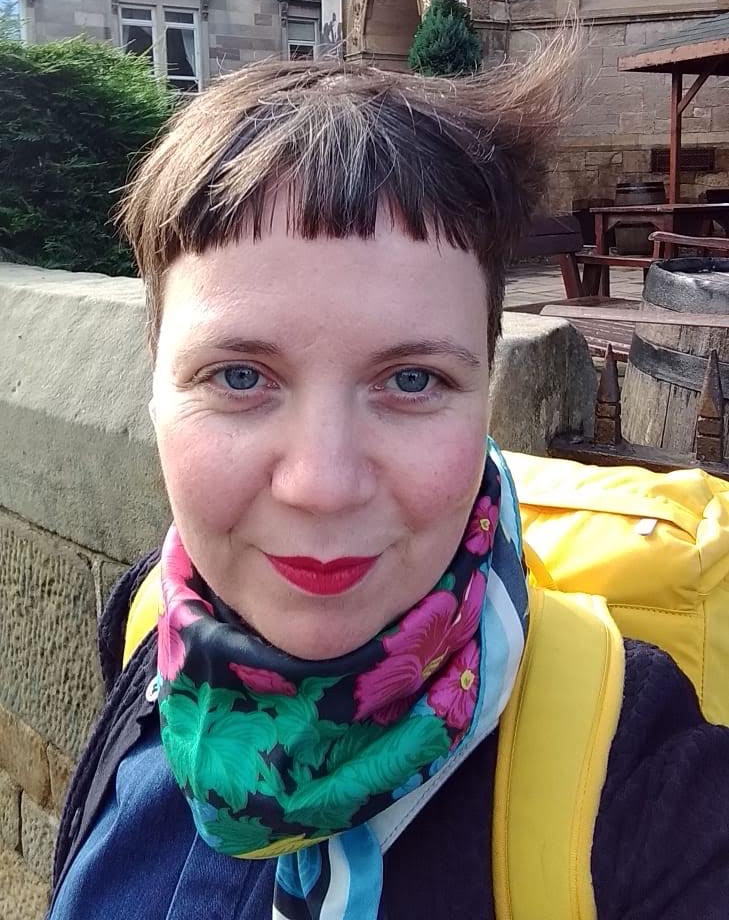Annika Joy: A Fair Way forward

Annika Joy
Annika Joy is chief executive of Safe in Scotland (formerly Glasgow Night Shelter for Destitute Asylum Seekers), a human rights charity that develops and delivers lawful, safe, dignified accommodation and trauma-informed support for people experiencing asylum-related destitution. Here, Annika considers the impact of the Fair Way Scotland report published this week.
Safe in Scotland is a unique front-line organisation working to end asylum-related destitution. We have been preventing homelessness among rights-exhausted asylum seekers in Scotland since 2011. We are Scotland’s main provider of emergency and temporary accommodation to our community, accommodating and supporting over a hundred people each year, all of whom would otherwise be forced into rough sleeping and other survival decisions as they are prohibited from accessing homelessness services delivered using public money, a policy known as No Recourse to Public Funds (NRPF).
Homelessness in our community was largely ignored until the first HARSAG action plan but that squarely placed people with NRPF in the plans to prevent and end homelessness in Scotland. And last week’s update of the Ending Homelessness Together plan shows continued efforts by the Scottish Government to offset some of the worst harms of NRPF, albeit hamstrung by what is and isn’t devolved.
In this context, our own approach has transformed, with the support of partners such as Queens Cross Housing Association, Scottish Refugee Council and Simon Community Scotland. No longer a night shelter, we combine a safe, private, and dignified place to stay with trauma-informed support and immigration advice so that people can make informed decisions and access their rights.
We estimate there are about 250 people at any one time who need somewhere safe to stay. So, with 17 places, we are small in relation to the scale of destitution among people with no recourse to public funds in Scotland. While we believe that no one should face homelessness when they seek sanctuary in Scotland, we can’t do this on our own.
The last year has been incredibly challenging and beset by tragedies in our community. Our organisation alone has accommodated about 250 people since the first lockdown in March 2020, and our concern is growing that soon the Home Office will start to end the temporary support it has provided to those it could not lawfully make destitute due to the public health imperative. Covid showed us that it was possible to end the use of night shelters, even for a population who were prohibited from accessing services commissioned using public funds, and that once everyone had somewhere safe to stay progress on accessing their rights and resolving complex immigration cases was a lot more achievable.
Fair Way Scotland renews our strength, gives us a bigger stronger team of partners, and with that, scope for collective action to tackle this structural issue. It is one that can be addressed by Scotland, the public sector and civil society working in partnership. This is more hopeful and pragmatic than us all simply pointing to Westminster and its barbarous hostile environment and feeling like nothing short of revolution will rid Scotland of destitution enforced by the UK government Home Office.








